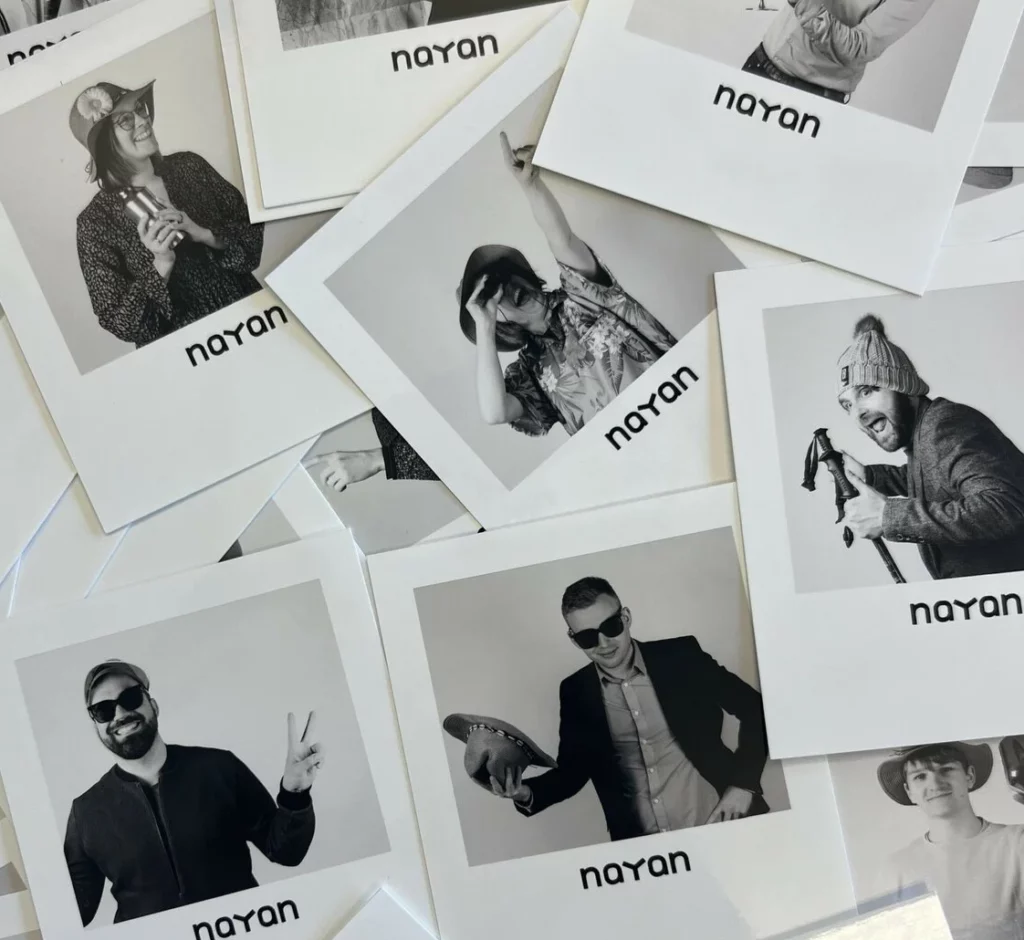There is no bigger story in 2023 than the rise of AI in ecommerce. From personalized shopping experiences to AI chatbots to content creation to demand forecasting, AI is predicted to radically transform the ecommerce landscape for both consumers and businesses.
Yet at the same time, 90% of customers say that authenticity is an important factor in deciding which brands to buy. This leads to an interesting tension for brands: in an AI world that is driven by data and machine learning more than ever, how can a company give customers the authenticity they crave? The answer: tell your brand’s story.
What is authenticity?
Authenticity is about being honest, real, and organic. It is the opposite of being slick, packaged, or “too perfect.” Younger generations like Gen Z and Millennials in particular want to feel an emotional connection to a brand. It is no longer enough to make a great product that satisfies a need; customers want to know who you are and why you do what you do. In other words, in an increasingly online world, people still want a human connection that makes them feel good about shopping with you. They want to know that you share their values and passions.
The great news is that brands that develop this connection with customers will have loyal supporters who become repeat customers. Not only that, but brand loyalists also become brand ambassadors – think of how often people share photos of themselves on social media with their favorite coffee, shoes, handbag, etc. That in turn becomes an excellent form of social proof that will help your brand gain a new pool of future loyal customers.

How storytelling connects with customers
So we know now that authenticity is an essential aspect of building brand loyalty, but how can companies build that connection in ecommerce? Enter storytelling. In brand marketing, storytelling is the why and the who behind your business. It pulls your customers into your story and makes them relate to you and want to support you.
Sharing your brand’s story is also an excellent way to differentiate your brand from your competitors. This is more important than ever as consumers are barraged with an endless stream of digital content; it gives them a reason to choose your products over someone else’s. When your customers feel like they know you, that builds a level of trust that no list of product features and benefits can ever achieve.
How to effectively tell your brand's story
Getting started in brand storytelling begins with answering two questions for yourself: what is our purpose and who are our people? Be specific: why was your company created? By whom? How does your company hold true to the founder’s original vision and purpose (remember: authenticity)? Allow yourself to be vulnerable and “imperfect,” which makes you seem more honest and relatable in the eyes of your customers.
Digital marketing offers endless opportunities to share your brand’s story once you have fine-tuned the consistent story you wish to share. Here are some best practices:

A robust “About us” page that includes photos of company owners and staff.
Show your space with real employees at work in it. This shows the human face of your company and starts building that connection that customers crave.
For established brands, use your company’s history to position your brand in the marketplace.
Even most large brands came from humble origins – how did your company get started? Create a page about your history on your website with old photos and a timeline. Pair those historical photos with current ones as visual proof that your brand has remained true to its roots even as it has grown and evolved.
Build commonality and community through shared passions.
What are you passionate about? Let your customers know and invite them to join your community! Social media and email marketing are effective tools for this. When focusing on community-building, set aside overt sales pitches.
Remember the power of video in storytelling.
Show your customers how your products are made (especially if they are handcrafted), share your brand’s “why,” show your people at work. Short videos are a powerful storytelling tool that can be integrated into your complete digital marketing portfolio, from website to ads to social media.
In conclusion, effective storytelling in business marketing is an excellent way to stand out from the crowd and give your customers the authenticity they crave. Show your people, share your passions, and don’t be afraid to be real and imperfect.
Even as digital tools like AI transform the ecommerce landscape in 2023 and beyond, it is ultimately still the human connection that wins loyal customers.




